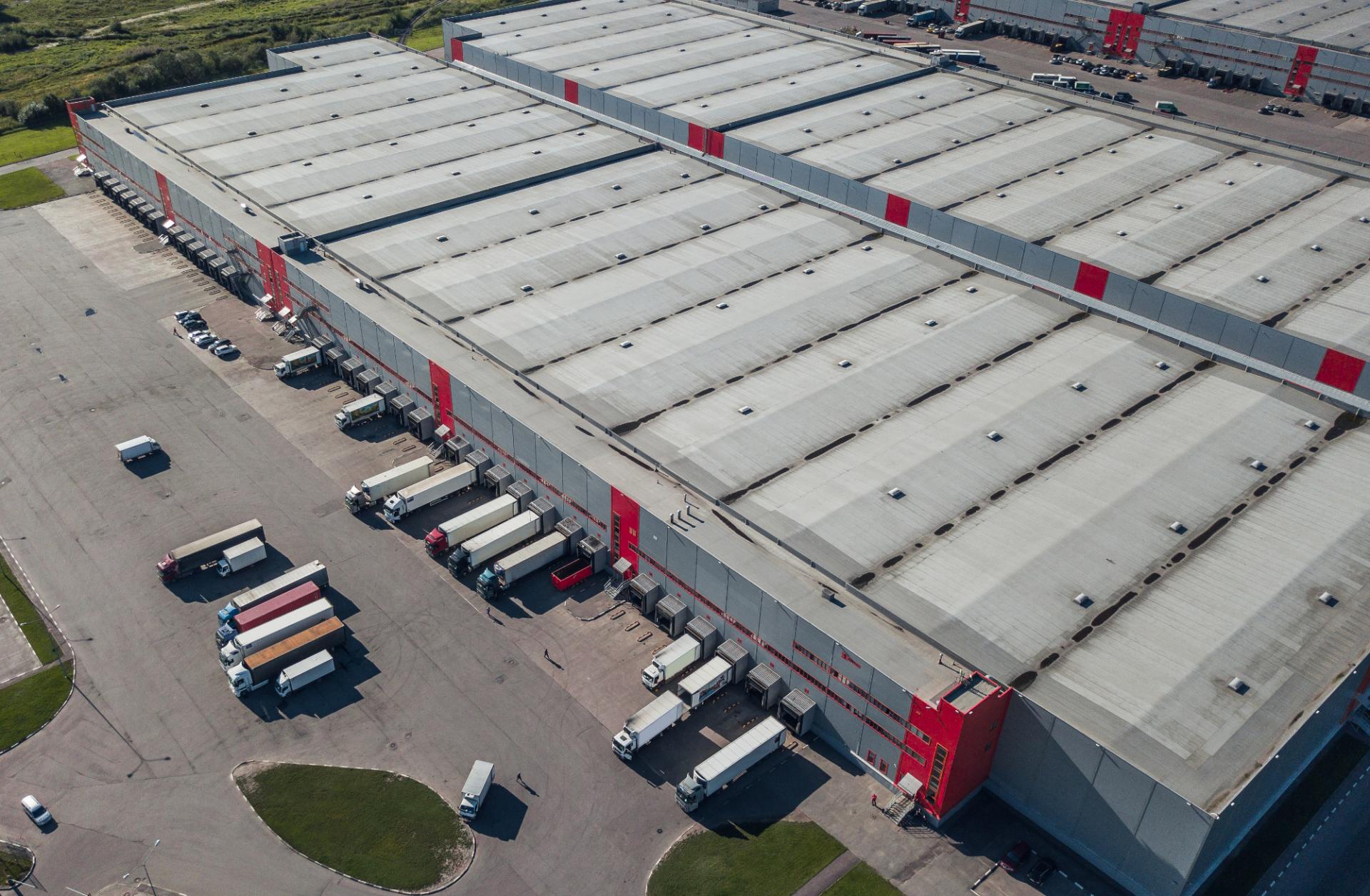Logistics M&A growing, while haulage insolvencies hit new heights

M&A activity in the UK’s logistics and supply chain management industry has risen to a two-year high, amid growing interest from venture capital investors and international buyers. Elsewhere in the sector, insolvency rates among British haulage businesses have soared over the past two years amid the UK’s ongoing economic uncertainty.
According to new research from BDO, 21 deals were completed in the UK logistics and supply chain management sector between July and September 2023, mirroring activity seen during Q4 2021. BDO cited “reawakening” investment appetite among international buyers targeting UK assets, while close to 20 per cent of deals involved venture capital investors targeting early-stage tech-enabled firms in the industry.
BDO reported that disclosed deal values hit £288 million during Q3 2023, up from £232 million in Q2, mainly as a result of the £161 million acquisition of Xpediator by a consortium comprised of BaltCap, Stephen Blyth and Justas Versnickas. Despite this, total disclosed deal value remains down in comparison to the levels seen over the last three years, amid a wider squeeze on M&A activity.
With distress on the rise among haulage businesses and other logistics firms, BDO M&A Partner Jason Whitworth also cited this as a factor in growing M&A activity during the third quarter.
Whitworth commented: "Maybe surprisingly given the continued challenges in the economic environment, Q3 saw an increase in deal activity to a new two-year high. This was driven by a number of factors, including venture capital investors investing in tech, renewed activity from international buyers, which have more recently focussed on other ‘more attractive’ international growth markets, as well as increased evidence of distress.”
Whitworth continued that BDO’s latest UK Logistics Confidence Index showed that 40 per cent of respondents said they were likely to make acquisitions over the coming year. While this was a drop from the same period a year earlier, Whitworth said the figure confirmed “the industry’s continued appetite for consolidation” and said that the leading reasons for seeking acquisitions were entering new sectors and expanding service offerings.
With considerable appetite for acquisitions, combined with potentially lower spending power due to economic uncertainty, some buyers are likely to turn to distressed acquisitions to fulfil their acquisitive growth plans and such businesses will not be short of potential targets.
According to a freedom of information (FOI) report recently obtained by Price Bailey, 463 haulage businesses have fallen into insolvency over the past 12 months, more than double the figures seen two years ago. This was compared to an average of 225 firms entering insolvency during 2020-2021 and slightly over 350 during 2021-22.
Price Bailey cited an array of headwinds impacting haulage providers, including rising fuel and wage costs and soaring interest rates that have made it increasingly expensive for companies to service high piles of debt.
Price Bailey also analysed credit risk scores using data from Market IQ’s Delphi Risk score, finding that 41 per cent of London-based haulage businesses are classified as being at maximum risk, up from 26 per cent just a year ago.
According to the Road Haulage Association’s Public Affairs and Policy Director Declan Pang, quoted in City AM, haulage firms “operate on paper-thin margins – typically around two per cent”, meaning that cost increases can have a huge impact on businesses throughout supply chains.
Pang added that the sector has been hit by truck operating costs increasing by "more than 10 per cent" during 2023, with road freight volumes and demand falling amid the cost-of-living crisis. Pang called on the government to provide more support for the sector, including an emissions-linked rebate for businesses switching to low-carbon fuels, a continued freeze on diesel fuel duty and reforms to the apprenticeship levy to enable businesses to recruit and train new staff more effectively.
Price Bailey’s Head of Insolvency and Recovery Matt Howard said haulage insolvencies “are rising at a rate unheard of in more than a decade”, exacerbated by high inflation and interest rates, and warned that failures “are likely to continue to rise throughout the second half of the year.”
While such high levels of distress could help to drive logistics M&A yet further, BDO’s Jason Whitworth did caution that valuations were a “pivotal concern” in keeping dealmaking on its upward trajectory, with uncertain earnings and the higher cost of debt meaning that there will be “more complexity” in ensuring that deals meet the expectations of both buyers and sellers.
“However,” Whitworth concluded, “with strategic demand and available capital remaining strong, we should start to see a drive in further deal activity."
Find out more about M&A trends in the logistics sector[1]
Share this article
References
- ^ Find out more about M&A trends in the logistics sector (www.business-sale.com)